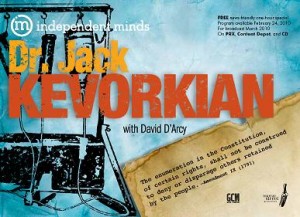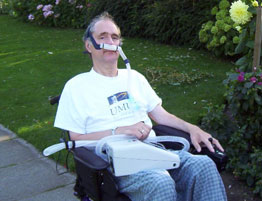Mom Shellie Ross’ Tweet about Son’s Death Sparks Debate Over Use of Twitter During Tragedy
Emily Friedman, ABC News (December 16, 2009)
Announcing a Child’s Death on Twitter
Lisa Belkin, New York Times Motherlode blog (December 17, 2009)
A popular “mommy blogger” who tweeted about her toddler’s sudden death Monday has been facing considerable backlash for using Twitter while her unattended son was apparently drowning — and again during a time generally reserved for meatspace grief-stricken horror.
Cleaning out the family chicken coop with her eleven-year-old son, Shellie Ross of Florida tweeted at 5:22pm, “Fog is rolling in thick scared the birds back in the coop.” Minutes later, her son called 911 — his two-year-old brother was discovered unconscious at the bottom of the pool. Ross tweeted again about a half hour later, appealing to her community of followers to “Please pray like never before, my 2 yr old fell in the pool.” The boy could not be saved; five hours later, a tribute tweet of sorts followed from Ross (“Remembering my million dollar baby”) along with a few photos of her young son.
The internet has been eating her alive over this, from accusations of being a negligent mother to not knowing how to mourn properly. Twitter has become king in spreading news of celebrity deaths (including death rumors and pranks), but evidently is still deemed an inappropriate medium by which to relay personal, close death and grief — to say nothing of in-the-moment updates.
Ross, however, didn’t “tweet-by-tweet the accident,” as she told ABCNews.com. Additionally, she seems to have relied heavily on her online community as her main network of support, a not uncommon trend with social networking (despite having disgusted many of her followers with this incident, with several wondering whether this was some kind of sick joke).
It was a foul, arguably unnatural move — but the last thing the mother of a dead son needs is to be told she’s doing it wrong. With over 5000 followers, Ross, or Military_Mom on Twitter, had updated on the status of the fog, the sort of mundane, who-cares, barely literate statement fashionable amongst compulsive tweeters. Then all of a sudden something was actually happening. The initial tweet was panic — oh help us God — a mad scramble for emotional support and a holy miracle. The second tweet serves as a quick memorial but also a meek follow-up — she left her friends hanging in the drama of her life, and she was responsible for their held atttention. Should she have been bawling out her eyes instead? Who’s to say she wasn’t?
Then again, she was responsible for the safety of her child — not for the clarification and closure needs of her internet community, many of whom she has probably never met in person. But that doesn’t make the comfort she derived from them — either from their concerned responses or simply in the telling — imaginary or less important than non-virtual interaction (though one certainly hopes she also tends to the needs of her older son, who may have been responsible for failing to close the latch on the gate surrounding the pool).
The worst part of this story (aside from the death itself, of course) is that the brutal criticism of her actions — her chosen means of expressing fear and grief, which were modeled on her normal behavior — are now preventing her from having any sort of grief process at all. She’s too busy fighting off attackers and giving fiery interviews with major news outlets where she calls anyone who criticizes her “a small-minded asshole who deserves to rot in hell.”
Sure. Yikes. But c’mon, vultures — stand down. This woman may have fumbled at pivotal moments of her life. But who is expected to excel at handling her child’s death? Who is prepared to battle strangers who vilify the integrity of this worst possible pain.










